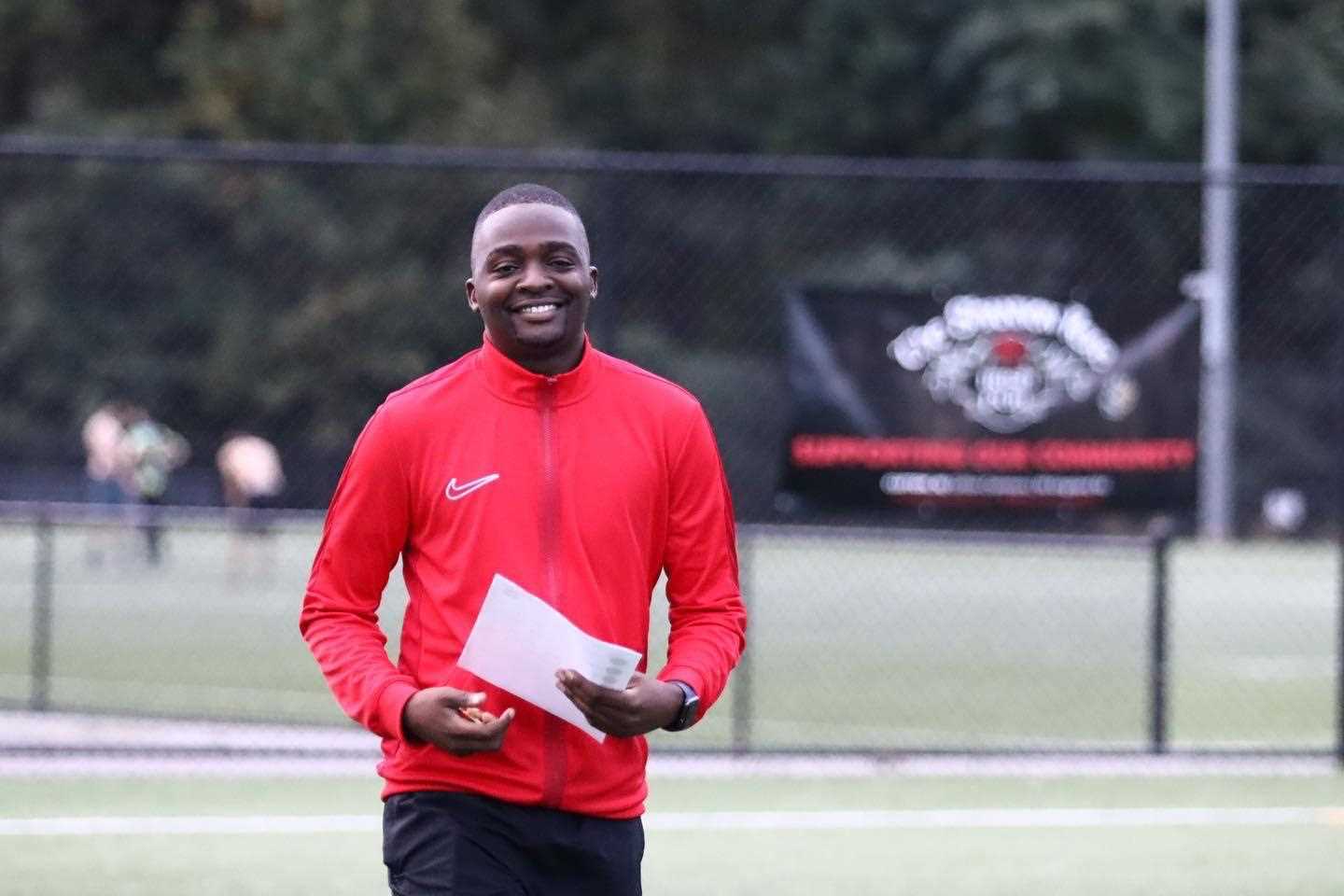
Patience Muchemwa- Senior Reporter
In the captivating theater of football, where the bounce of the ball and the blow of the whistle can script tales of triumph or despair, a disquieting narrative is unfolding.
Across continents, from the bustling sidelines of European leagues to the passionate pitches of Zimbabwe's Premier Soccer League (PSL), a chorus of coaching concerns regarding officiating consistency and accountability is rising. Yet, this vital dialogue is increasingly muted by a pervasive culture of silence, born from the fear of disciplinary repercussions.
Coach Samkeliso Paradzai Ncube, a voice of experience now based in the United States, has bravely stepped into this fraught arena, illuminating the challenges faced by his peers worldwide.
"As a coach, I’ll be honest — the current state of refereeing, particularly at the professional and high-stakes amateur levels, is increasingly frustrating," Ncube stated with a candor that resonates with many in the football fraternity.
He readily acknowledges the inherent complexities of officiating, where split-second decisions are made under immense pressure. However, he underscores the damaging consequences of repeated inconsistencies and a perceived lack of transparency from those wielding the whistle. "It’s not just about missed calls; it’s about the impact those calls have on momentum, morale, and ultimately, careers."
Ncube paints a stark picture of the tightrope coaches walk when they perceive officiating errors. "There’s a real sense that coaches are expected to silently accept decisions, even when they are clearly wrong or unjust," he explained.
The potential price for speaking out is steep – fines that bite into club budgets, suspensions that sideline crucial leadership, and public criticism that can tarnish reputations.
This environment cultivates a climate of fear, effectively stifling the very conversations that could lead to improvements within the sport.
Drawing from his own experiences, Ncube recounts the frustrating reality of seeking clarification after a match marred by questionable calls.
"Trying to get clarity is like hitting a wall. You’re told to ‘move on’ or ‘respect the officials,’ but respect is a two-way street," he asserted, highlighting the absence of meaningful channels for post-match dialogue between coaches and referees.
This lack of communication breeds resentment and deepens the chasm of mistrust, ultimately undermining the perceived integrity of the game.
The issues raised by Coach Ncube are not abstract anxieties confined to distant leagues. They find a tangible echo in the experiences within Zimbabwe's own Premier Soccer League. The incidents are becoming increasingly conspicuous, eroding the faith of players, coaches, and the passionate fanbase.
Take, for instance, the contentious clash between Highlanders and Manica Diamonds at the iconic Barbourfields Stadium. On that day, referee Lawrence Zimondi's handling of the match drew widespread criticism. His perplexing interpretation of the rules surrounding drop balls left players and spectators alike in a state of bewilderment, directly impacting the flow and fairness of the contest.
Related Stories
Similarly, former Dynamos coach Lloyd Chingowe voiced his profound disappointment following a crucial encounter against Herentals. Chingowe believed that pivotal decisions made by the officiating team had significantly and negatively influenced his team's performance, costing them valuable points.
His frustration mirrored the sentiments of many coaches who feel powerless in the face of decisions that can alter the course of a season.
Perhaps one of the most dramatic illustrations of this crisis unfolded during a match involving CAPS United and FC Platinum. A contentious disallowed goal ignited a firestorm of fan unrest, ultimately leading to the abandonment of the match. The aftermath saw CAPS United's technical director, Lloyd Chitembwe, deliver a scathing critique of the officiating standards.
His blunt assessment that such errors were reducing the PSL to a "comic show" underscored the urgent need for a significant uplift in refereeing quality to maintain the league's credibility and the integrity of the sport.
In response to these systemic challenges, Coach Ncube offers a blueprint for change, a series of practical solutions aimed at injecting accountability and fostering genuine communication within football officiating structures. His proposals are thoughtful and targeted, addressing the core issues he has identified.
Firstly, Ncube advocates for the establishment of transparent referee review panels. These panels would serve as a platform to publicly assess and provide clear explanations for contentious decisions made during matches. This level of scrutiny and accountability could go a long way in building trust and understanding between officials, coaches, and the wider football community.
Secondly, he suggests the creation of formal post-match dialogue forums. These structured environments would allow coaches and referees to engage in constructive discussions, providing an opportunity for clarification, learning, and the fostering of mutual respect.
This direct interaction could bridge the current communication gap and prevent misunderstandings from festering.
Furthermore, Ncube proposes the implementation of referee performance feedback systems, mirroring the evaluation processes already in place for players and coaches. This structured approach would provide a mechanism for assessing officiating performance, identifying areas for improvement, and ensuring a consistent standard across the board.
Recognizing the delicate balance coaches must strike when voicing concerns, Ncube also emphasizes the importance of media protocol training. Equipping coaches with the skills to articulate their grievances respectfully and effectively in public forums could prevent misunderstandings and ensure that legitimate concerns are heard without incurring unnecessary penalties.
To safeguard the integrity of the game at a fundamental level, Ncube champions the implementation of robust whistleblower protections. This would empower individuals to come forward with information regarding serious issues such as match-fixing or bias without fear of reprisal, fostering a culture of transparency and ethical conducts
Finally, Ncube underscores the potential of technology to enhance transparency and public understanding. He advocates for the consistent application of Video Assistant Referee (VAR) systems, where feasible, and even suggests exploring the use of mic’d-up referees to provide real-time insights into the decision-making process.










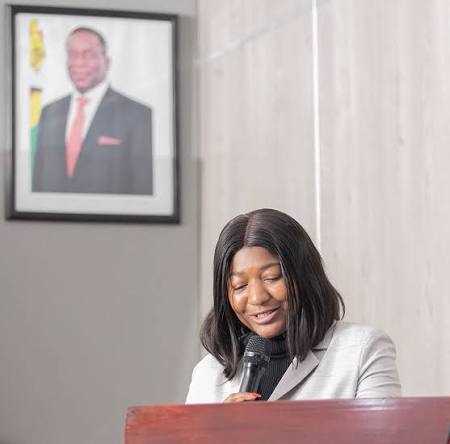
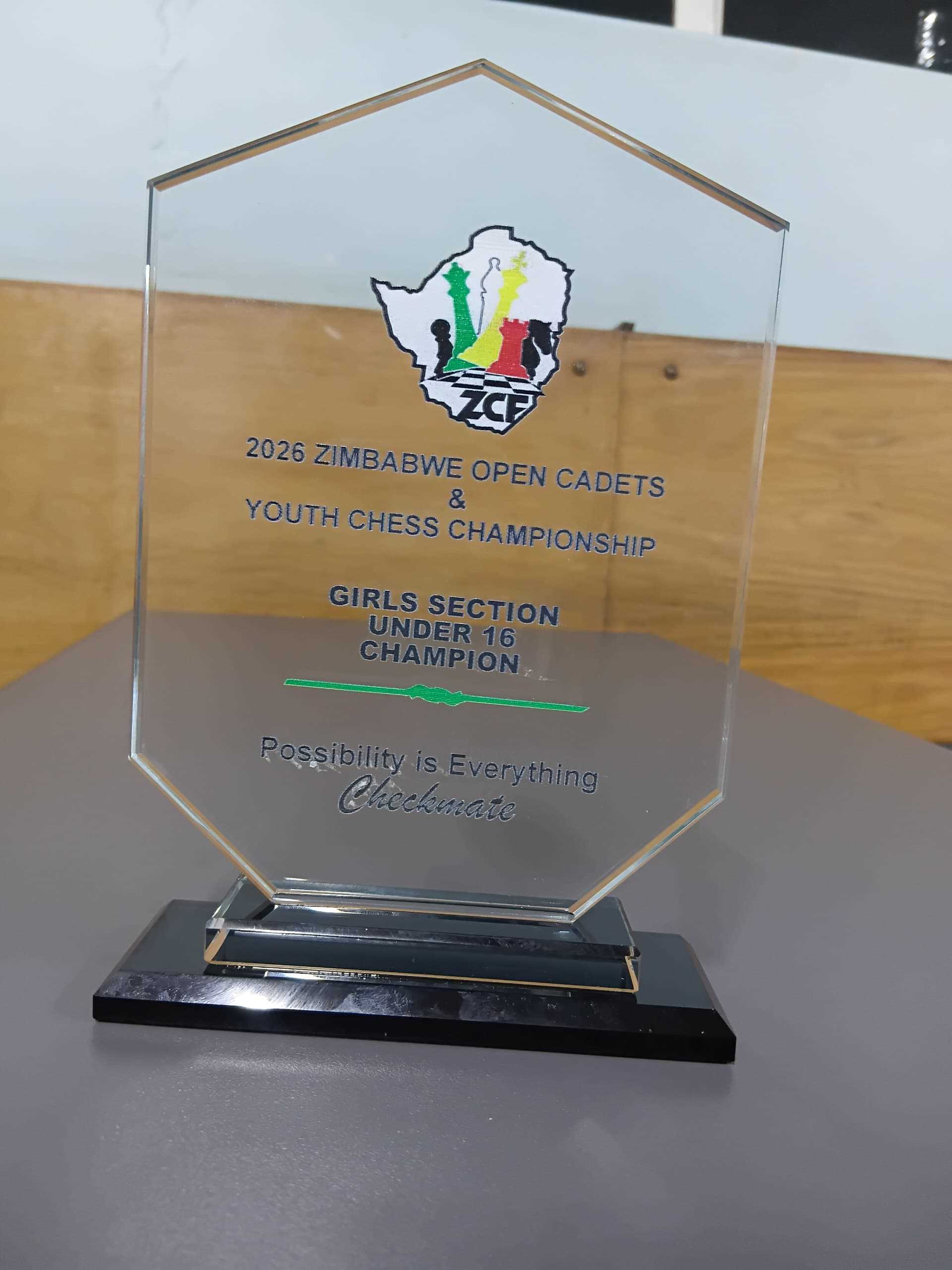
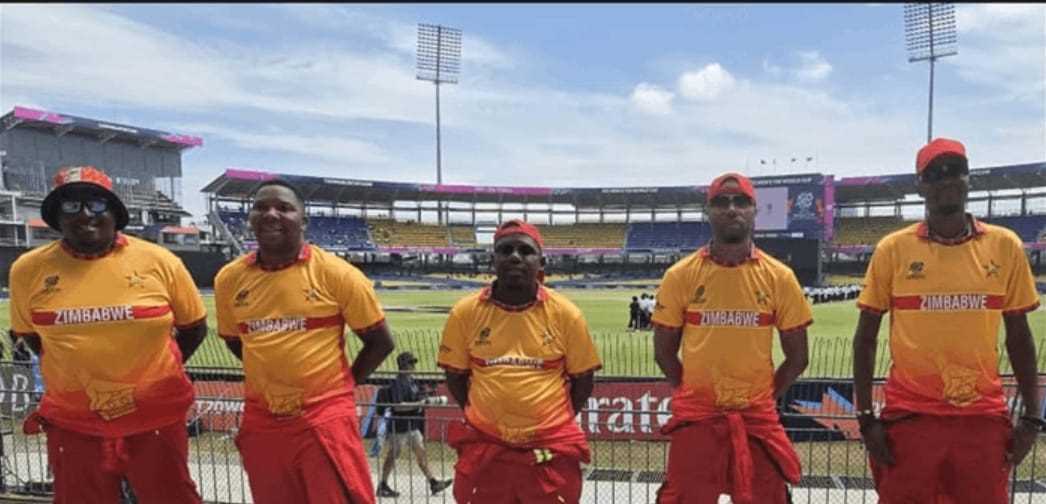


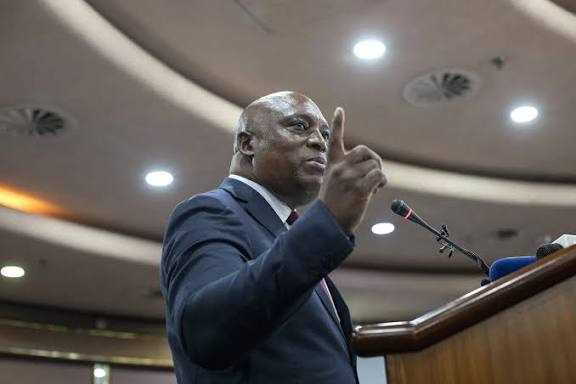
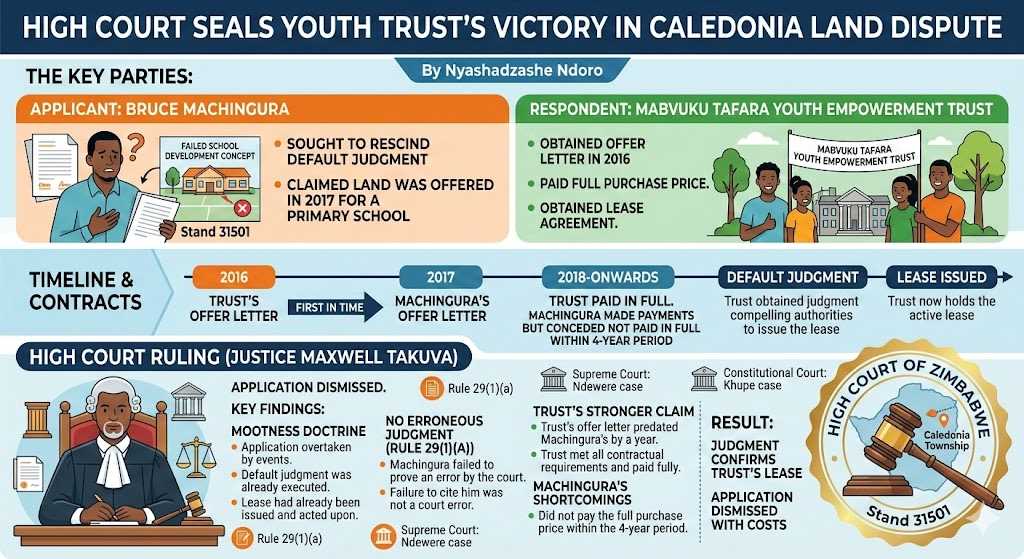
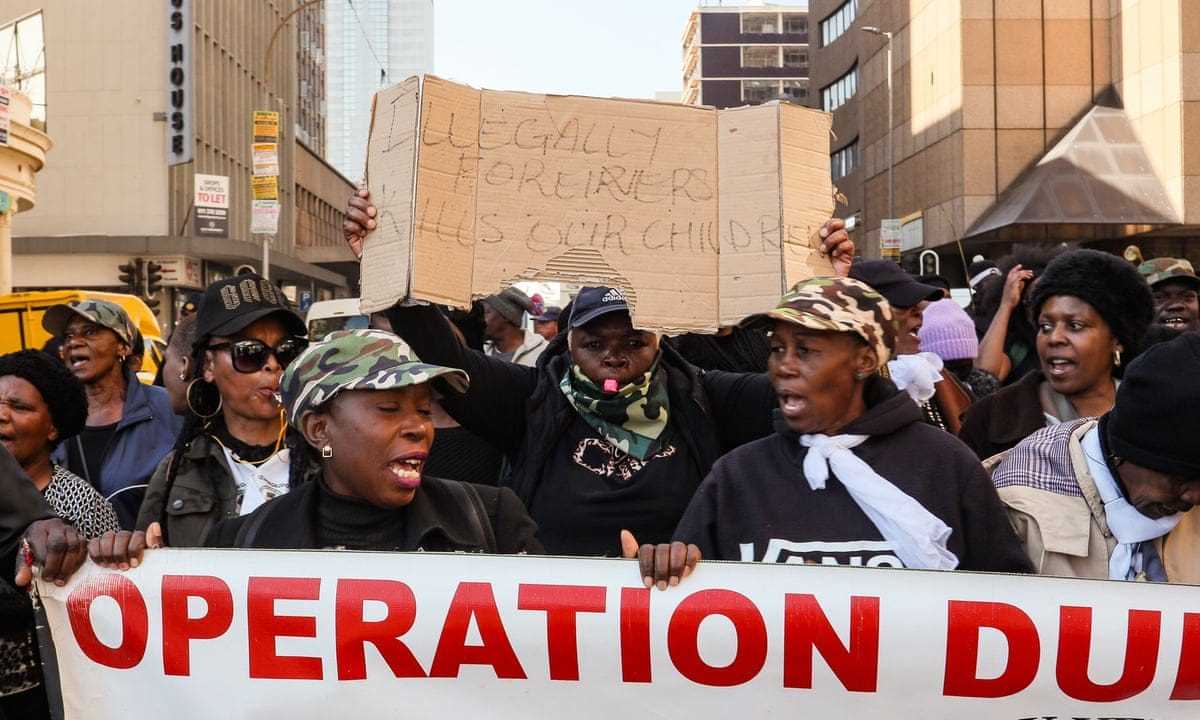


Leave Comments